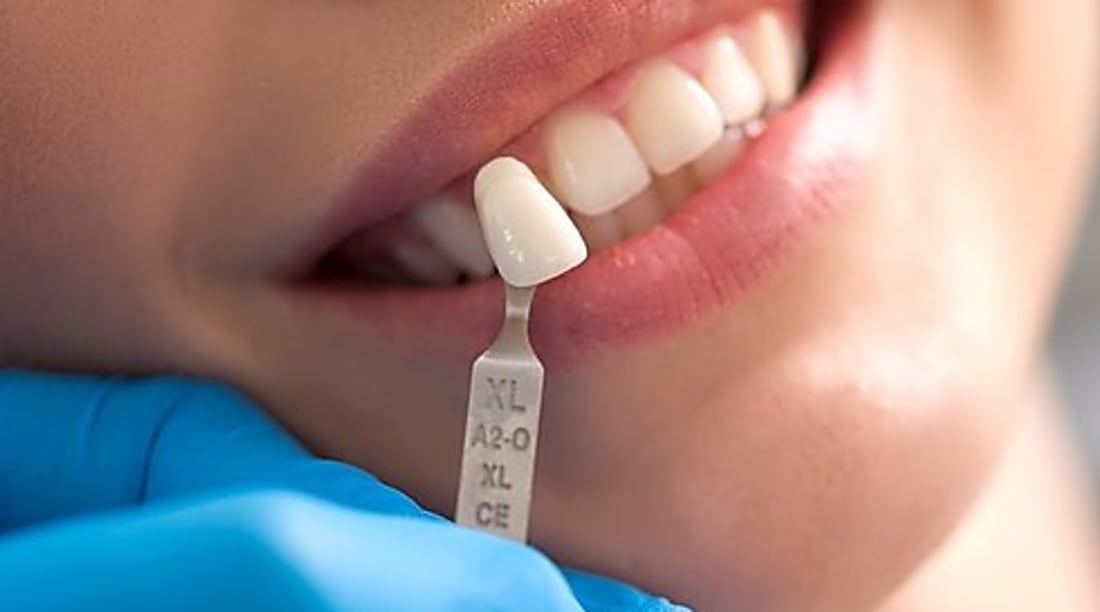Achieve a Beautiful Smile with Advanced Dental Implants
Achieve a beautiful smile with advanced dental implants designed for durability, comfort, and a natural look. Using state-of-the-art techniques, today’s implants replace missing teeth with precision and ease. Whether you're struggling with gaps or loose dentures, dental implants offer a permanent solution that looks and feels just like your real teeth. Discover how you can restore full function, boost your confidence, and enjoy a radiant smile—starting with one simple consultation.

What are the benefits of modern dental implants for long-term oral health?
Dental implants have revolutionized the field of restorative dentistry, offering numerous advantages for long-term oral health. Unlike traditional dentures or bridges, implants are designed to fuse with the jawbone, providing a stable and permanent foundation for replacement teeth. This integration, known as osseointegration, helps prevent bone loss that often occurs when teeth are missing. By stimulating the jawbone, implants maintain facial structure and prevent the sunken appearance often associated with long-term denture use.
Moreover, dental implants restore nearly full bite force, allowing patients to enjoy a varied diet without restrictions. This improved chewing ability not only enhances nutrition but also contributes to better digestion and overall health. Implants also eliminate the need for adjacent teeth to be altered, as is often necessary with traditional bridges, thus preserving more of your natural tooth structure.
How do dental implants compare to dentures and bridges?
When comparing dental implants to traditional solutions like dentures and bridges, several key differences emerge. Dental implants offer superior stability and comfort, as they are permanently fixed in the mouth. Unlike dentures, which can slip or click while speaking or eating, implants function just like natural teeth, providing confidence in social situations.
Bridges, while effective for replacing one or a few teeth, require the alteration of healthy adjacent teeth to support the prosthetic. Implants, on the other hand, stand alone without affecting surrounding teeth. Additionally, implants are easier to clean and maintain compared to bridges, which require special flossing techniques to clean underneath.
While dentures and bridges may have a lower initial cost, dental implants often prove more cost-effective in the long run due to their durability and low maintenance requirements. Implants can last a lifetime with proper care, whereas dentures and bridges typically need replacement every 5-10 years.
What is the dental implant procedure: step by step?
The dental implant procedure is a multi-step process that typically spans several months to ensure proper healing and integration. Here’s what you can expect:
-
Initial Consultation: Your dentist will evaluate your oral health, take X-rays, and create a treatment plan.
-
Preparation: If necessary, tooth extraction or bone grafting may be performed to prepare the site.
-
Implant Placement: The titanium implant is surgically placed into the jawbone.
-
Healing Period: Over 3-6 months, the implant fuses with the bone (osseointegration).
-
Abutment Placement: Once healed, an abutment is attached to the implant to hold the new tooth.
-
Crown Placement: Finally, a custom-made crown is attached to the abutment, completing your new smile.
Throughout the process, temporary teeth can be worn to maintain appearance and function.
Who is a good candidate for dental implants and why does it matter?
Ideal candidates for dental implants are individuals in good general and oral health with adequate bone density in the jaw to support the implant. Sufficient bone is crucial for the implant’s stability and success. However, even those with some bone loss may still be eligible for implants with additional procedures like bone grafting.
Candidates should have healthy gums free from periodontal disease, as gum health is essential for proper healing and long-term implant success. Additionally, patients must be committed to good oral hygiene practices and regular dental check-ups to maintain their implants.
It’s important to note that certain medical conditions, such as uncontrolled diabetes or active cancer treatment, may affect candidacy. Smokers are also at higher risk for implant failure, so quitting or reducing tobacco use is often recommended before the procedure.
What are the best tips for caring for your implants to ensure lasting results?
Proper care is essential for the longevity of your dental implants. Here are some tips to ensure lasting results:
-
Maintain excellent oral hygiene by brushing twice daily and flossing daily, paying special attention to the area around the implant.
-
Use a soft-bristled toothbrush and non-abrasive toothpaste to avoid scratching the implant surface.
-
Consider using an interdental brush or water flosser for thorough cleaning between teeth and around implants.
-
Avoid chewing on hard objects like ice or using your teeth as tools to prevent damage to the implant or crown.
-
Attend regular dental check-ups and professional cleanings to monitor the health of your implants and surrounding tissues.
What are the costs associated with dental implants in the United States?
The cost of dental implants can vary significantly based on factors such as the number of implants needed, the complexity of the case, and geographical location. In the United States, the average cost for a single dental implant, including the crown and abutment, typically ranges from $3,000 to $6,000.
Here’s a comparison of average costs for different tooth replacement options:
| Replacement Option | Average Cost (per tooth) | Lifespan |
|---|---|---|
| Dental Implant | $3,000 - $6,000 | 20+ years |
| Dental Bridge | $2,000 - $5,000 | 5-15 years |
| Partial Denture | $1,000 - $3,000 | 5-7 years |
Prices, rates, or cost estimates mentioned in this article are based on the latest available information but may change over time. Independent research is advised before making financial decisions.
It’s important to note that while dental implants may have a higher upfront cost, their longevity and low maintenance requirements often make them a cost-effective solution in the long term. Many dental practices offer financing options to help make implants more accessible. Additionally, some dental insurance plans may cover a portion of the implant procedure, particularly if it’s deemed medically necessary.
In conclusion, advanced dental implants offer a superior solution for achieving a beautiful, functional smile. With proper care and maintenance, they can provide a lifetime of benefits, restoring not just your teeth but also your confidence and quality of life. While the process requires time and investment, the long-term advantages of dental implants make them an excellent choice for many patients seeking a permanent solution to tooth loss.
This article is for informational purposes only and should not be considered medical advice. Please consult a qualified healthcare professional for personalized guidance and treatment.




